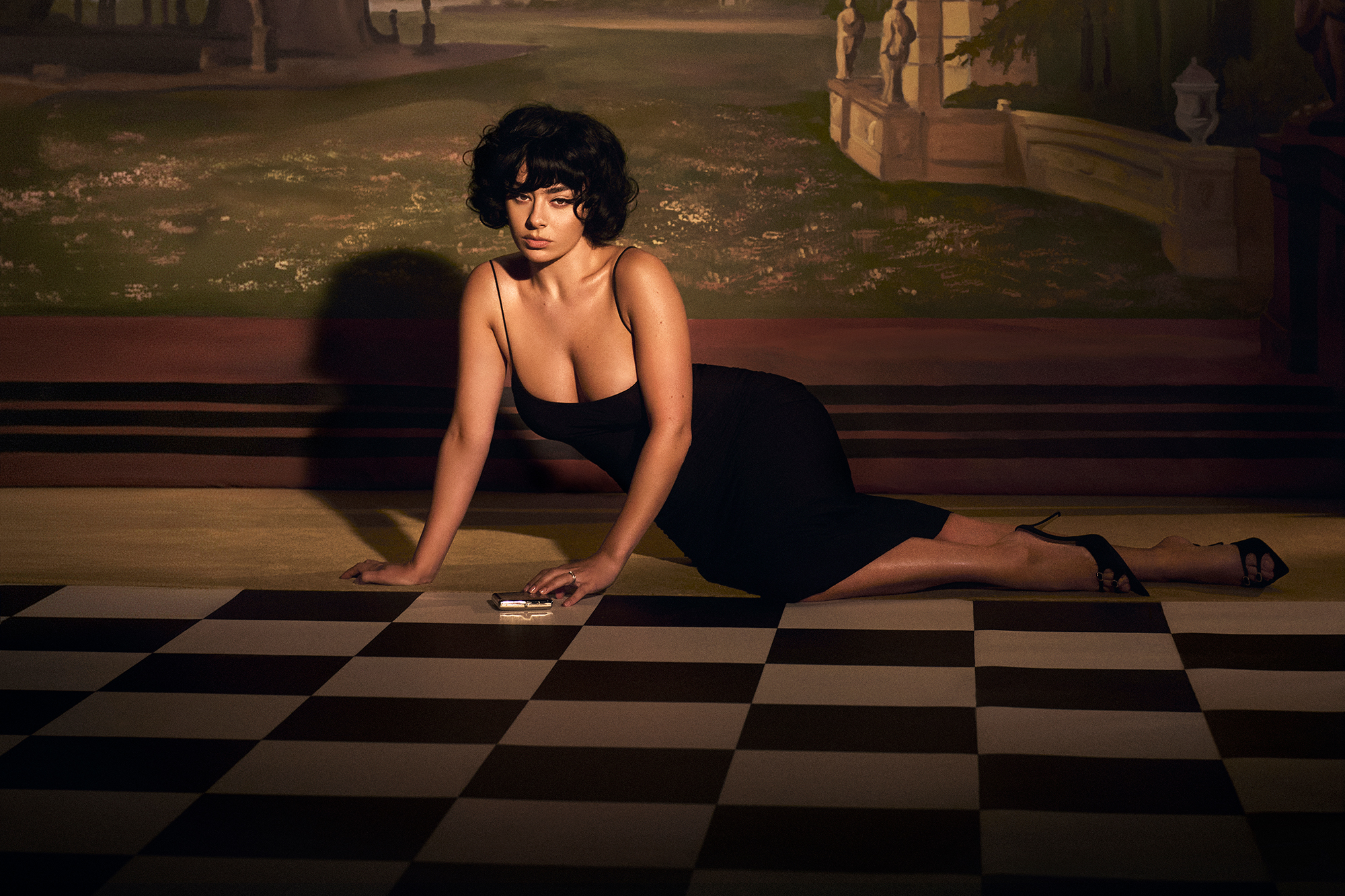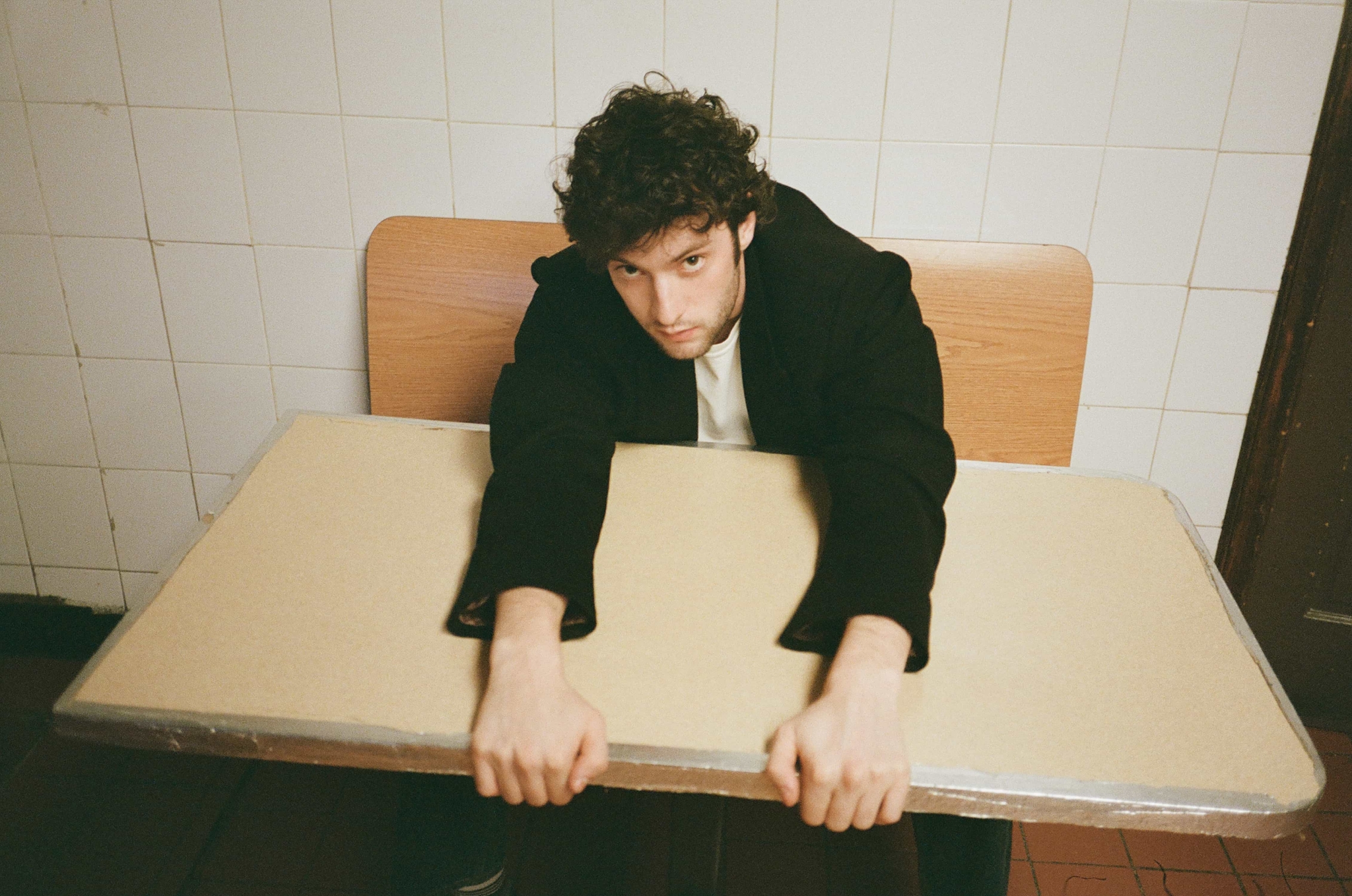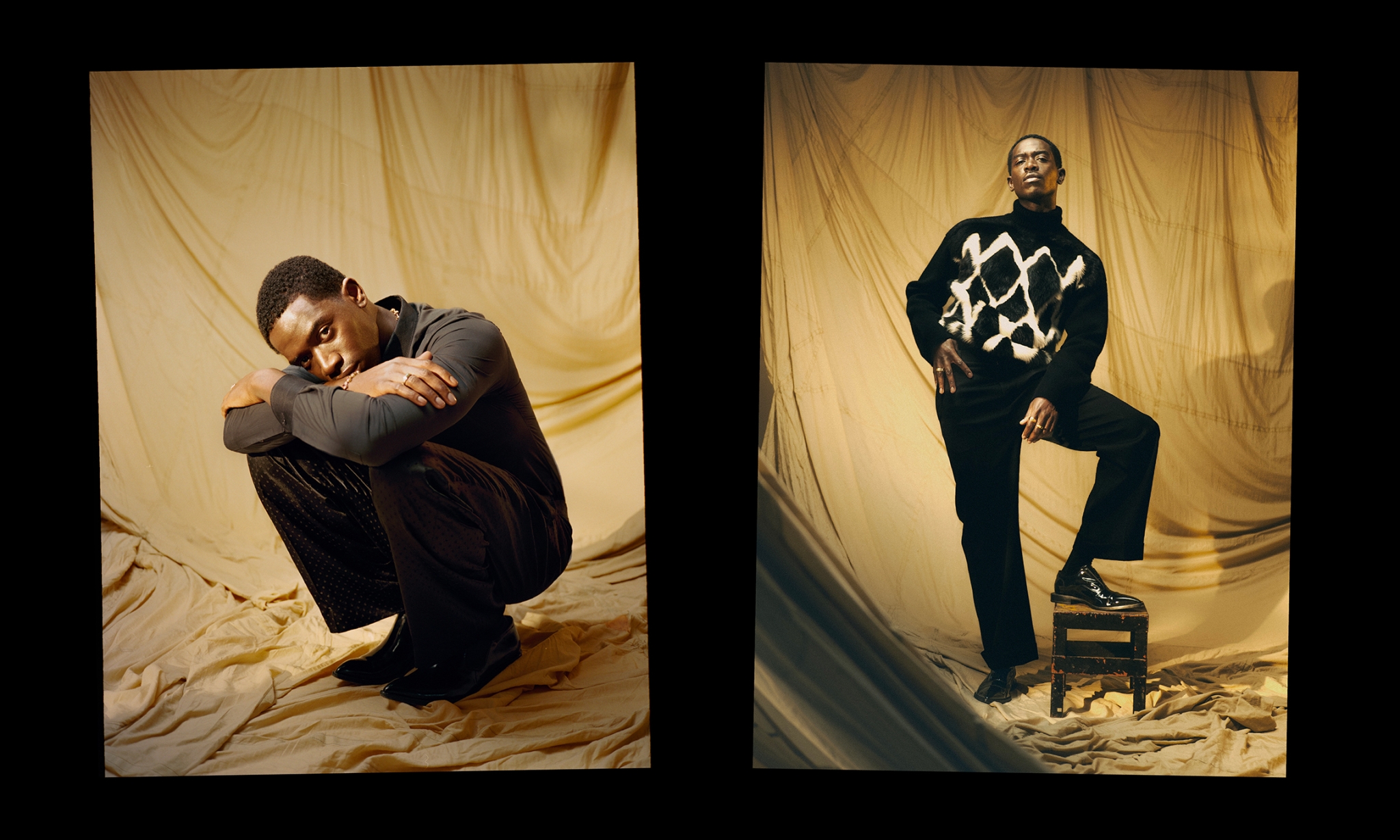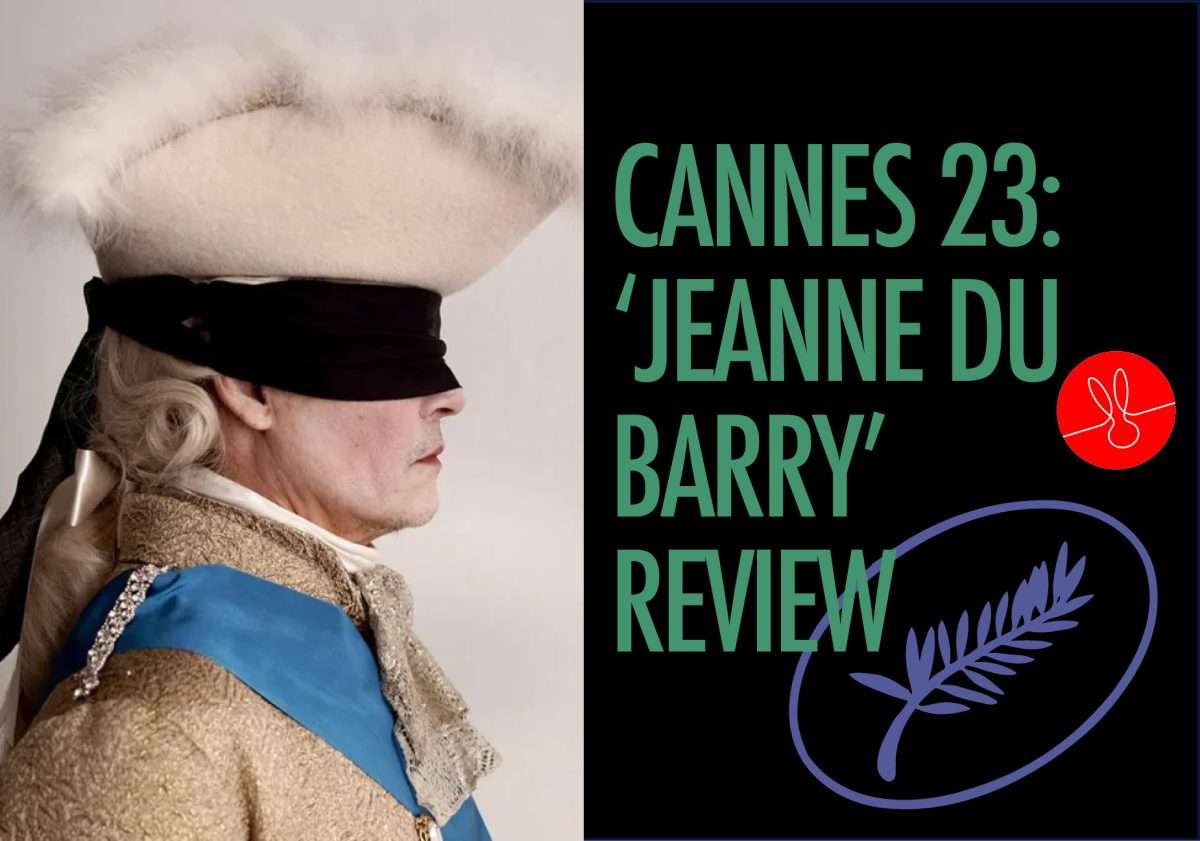
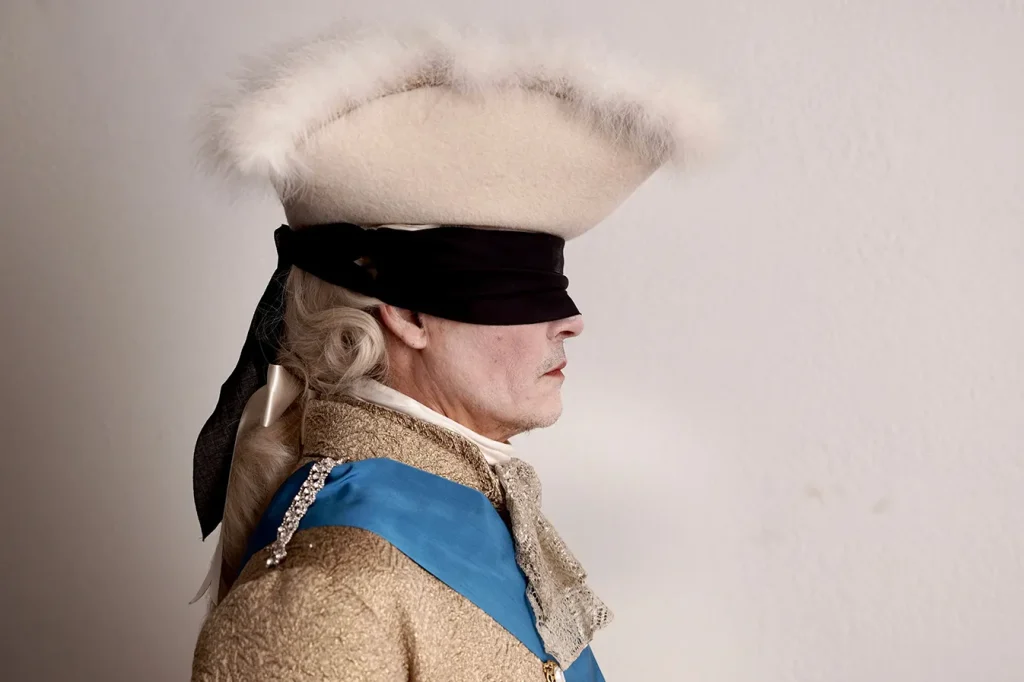
The opening night film of the 76th Cannes Film Festival, Jeanne du Barry, arrived with almost as much drama as the story it tells. The film’s star and director, Maïwenn, cast her co-lead Johnny Depp while Depp was still amid his trial with Amber Heard. One day after Jeanne Du Barry was announced as opening the festival, assault charges were brought against Maïwenn by French journalist Edwy Plenel.
The film spends a lot of time with both Depp and Maïwenn. But they don’t spend only spend a lot of time with each other both on screen, where it’s love at first sight, but also seem to be very close on the red carpet and at the premiere—so it’s hard not to conflate reality with the story at hand.
Jeanne du Barry follows the rise and fall of the titular French royal courtesan who charmed all with her wit and vivacity, working her way through the house of various nobleman, including Melvil Poupaud’s Count du Barry, to the court of Depp’s King Louis XV. Louis, and it seems every man and most women, find her charming, completely irresistible and impossibly beautiful. That is a big ask of any actor, and one beyond the talents of Maïwenn. Her script (co-written with Teddy Lussi-Modeste and Nicolas Livecchi), is equally unconvincing. As their unconventional relationship blossoms and Louis’s sisters’ turn against her, Du Barry’s fortunes shift and you can probably predict the film’s final third, down to the postscript.
Maïwenn seems to mistake Du Barry’s ceaseless giggling at the arcane customs and traditions of the royal court for character development. Depp brings very little energy to the role of the monarch, and their relationship together is almost laughably unconvincing. Even Versailles looks languid and rote in its depiction. Stephen Warbeck’s score, Angelo Zamparutti’s production design and Jürgen Doering’s costumes are all extremely striking, but are poorly served by Maïwenn’s modernist vision. Jeanne du Barry is much too clumsy and superficial, and serves mainly to remind how much more successful and incisive Sofia Coppola’s take on this era was.


